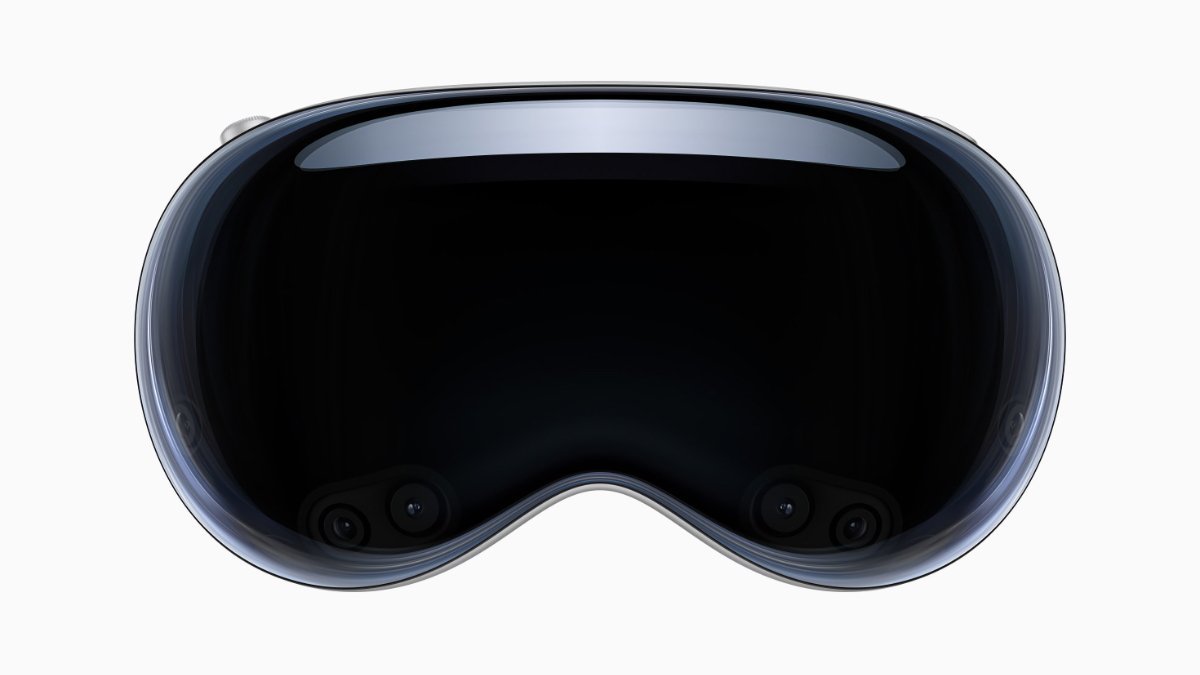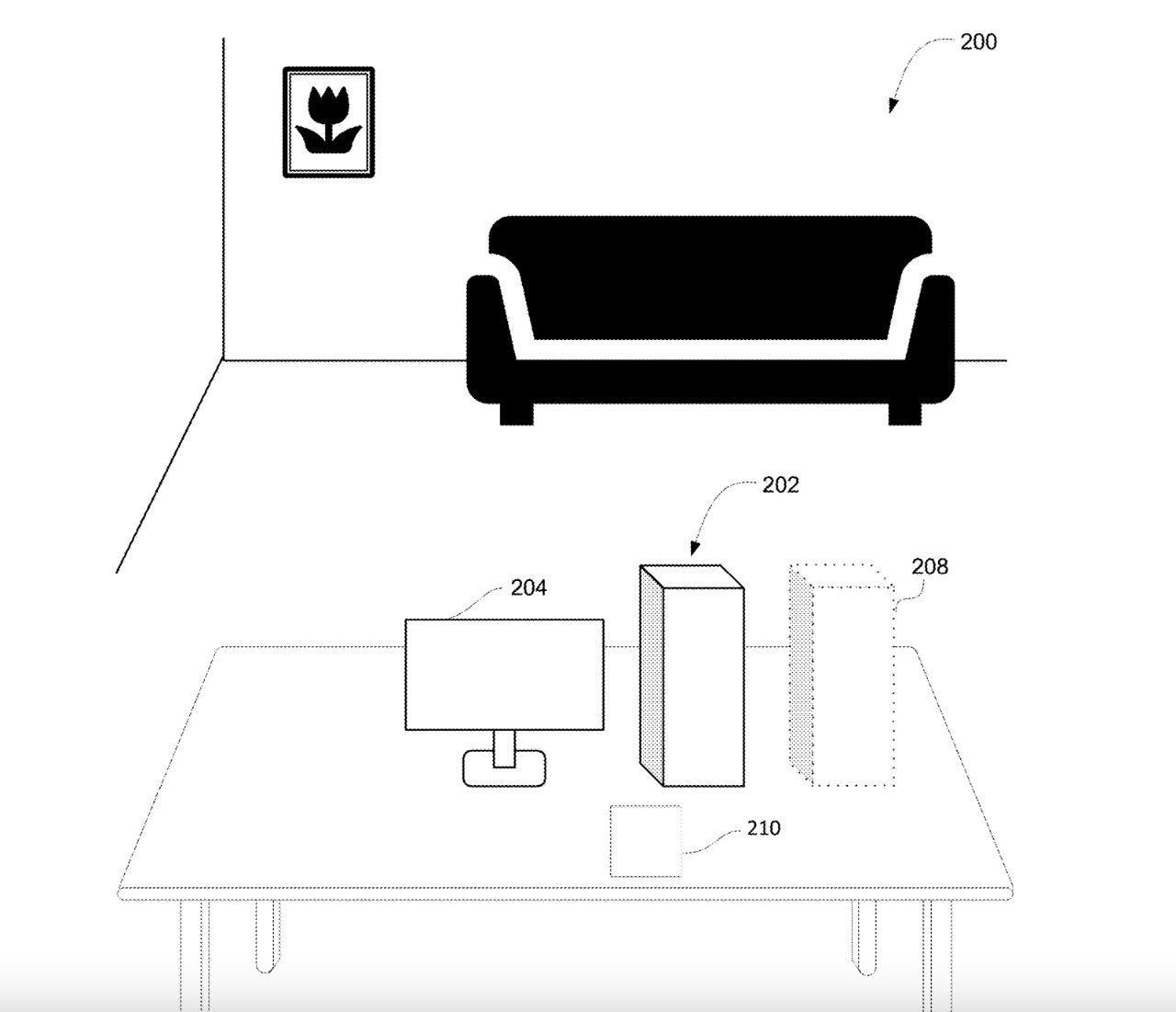
Apple Vision Pro users may get guided walkthroughs of iPhone and Mac
Apple is working on how to use Apple Vision Pro as a tool to help prospective buyers seen an annotated AR guide or get virtual help for other Apple devices.
If you have any money left after buying an Apple Vision Pro, Apple would prefer that you send it all its way by buying iPhones, Macs, iPads, and more. In order to help you along the way, Apple has been looking at expanding how it shows new devices in AR.
For some years now, Apple has elected to create AR versions of its devices — such as the 2019 Mac Pro. Whenever it would do this, users would be able to see what the device would look like on their desk, for instance.
Looking through an iPhone or iPad, Apple’s AR would let users walk around the device and see it on a desk. Now that the Apple Vision Pro has been announced, clearly we can expect it to be used for the same thing — but Apple wants to go further.
In a newly-revealed patent application called “Systems And Methods Of Guided Instructions Or Support Using A Virtual Object,” Apple proposes what could become a full training guide.
“This relates generally to presenting a view of the product… to a first user that incorporates annotations,” says the patent application. “In some examples, the annotations can be presented on the product (e.g., overlaid on the physical product or presented in proximity to the physical object and/or on a virtual representation of the physical product).”
That’s actually two similar but separate ideas. The first is that if a Vision Pro wearer is in an Apple Store, they could see a pop-up version of those labels that say what configuration is being shown.
Apple has previously applied for a separate patent to do with exactly this. As well as presenting a floating annotation next to a device, it could present comparison information to help a buyer choose between two models.
In this type of case, “a second user (e.g. a customer support person),” could specify that certain annotations are shown to the user. So perhaps the buyer is concerned about Mac expandability, for instance, and the customer support person showing them a Mac Studio can now have each of its ports annotated.
When actually in a store and talking to a sales person, it’s hard to see a great benefit of this over the user just asking, and that Apple person showing them directly. But an AR model could present much more information, and perhaps have it so that this is much more tailored to what the user wants to know.
It’s going to be when the device is being presented in AR that intelligent, adapting annotations could be a boon.
Maybe you “place” an AR version of the latest Mac Pro by your desk and you’re concerned about access to expanding it. An AR render could show the device when you intend it to be, but then also show you with high accuracy just how many inches clearance it needs for access.
This patent application is credited to two inventors, including Omar R. Khan. Khan previously worked on an Apple patent for AR mapping tools.


